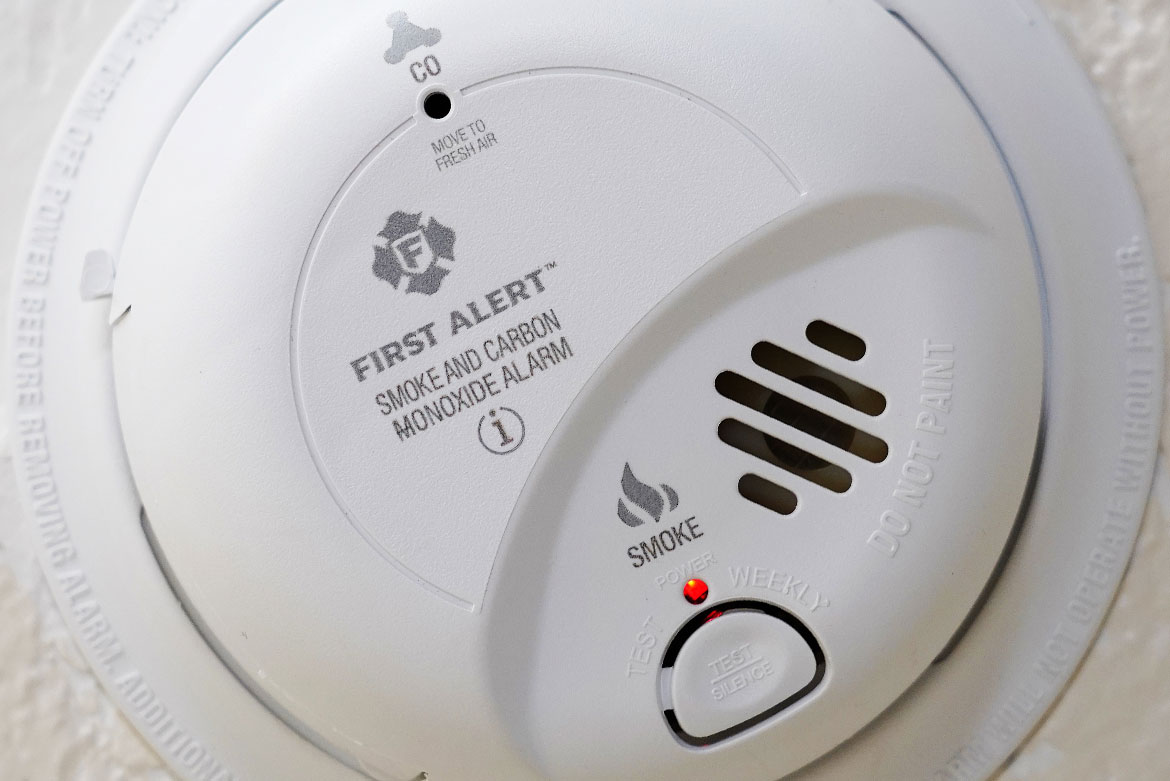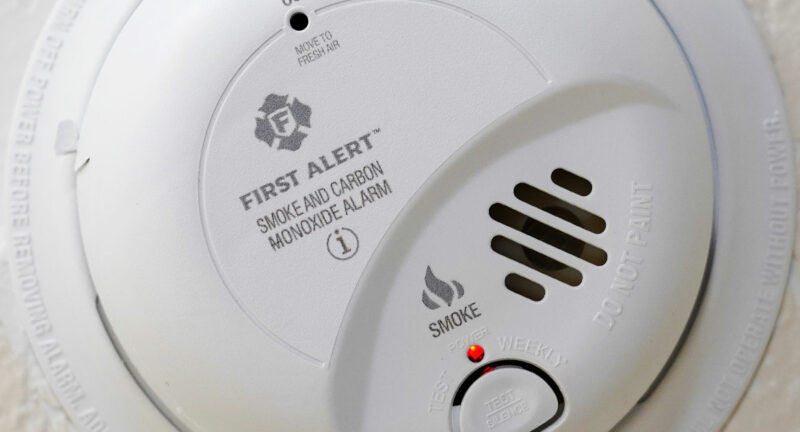
What a Smoke Detector Teaches Us About Anxiety
Smoke detectors exist to keep us safe. They are designed to detect the presence of smoke and alert us to the potential danger of fire so we can escape from it. This alert comes in the form of a loud, high-pitched, and quite honestly, annoying noise. No matter how annoying this sound is though, when there is a fire, it is lifesaving. However, smoke detectors also emit a loud, high-pitched sound when the battery needs to be replaced. This typically occurs around 3:00am in my house! Same sound, very different situation, and it requires a very different response.
Our brains have a warning system similar to a smoke detector. It is called the amygdala. The job of our amygdala is to alert us to danger in our environment. When danger is detected, the amygdala sends out messages that tell our body to get ready to defend ourselves (fight), or to get out of the situation (flight). The problem is that sometimes, our amygdala sends out false messages. Much like a smoke detector with a dead battery, the amygdala sometimes tells us there is danger when no danger actually exists. This is the case for individuals suffering from anxiety.
Using context clues to decipher true emergencies from false alarms
When I hear a smoke detector start beeping at 3:00am, I have to figure out what my next steps should be. Is there truly an emergency that warrants immediate action, or is it a dead battery that needs to be changed so I can go back to sleep? I make this decision by using contexts clues. Do I smell smoke? Do I hear anything unusual? Is my door hot? Can I see flames? In much the same way, we can use context clues to evaluate the danger messages coming from our amygdala. Can that spider truly cause me harm? Will I actually lose the love of my parents if I fail this test? What is the worst thing that crowd of people can really do if I misspeak? Just because your brain tells you there is a problem, that doesn’t necessarily make it truth.
I understand that most situations involving anxiety are not as cut and dry as deciding whether to flee a burning building or find the nearest stash of batteries. Recognizing the possibility that the danger messages from one’s amygdala might be false alarms is simply the first step in combating anxiety. Working with a trained counselor can help an individual struggling with anxiety learn additional tools and explore treatment options to find relief from their anxiety symptoms. For more information about how counseling might benefit you, please contact us at 913-491-6876.
Related Posts
What a Smoke Detector Teaches Us About Anxiety
Smoke detectors exist to keep us safe. They are designed to detect the presence...

